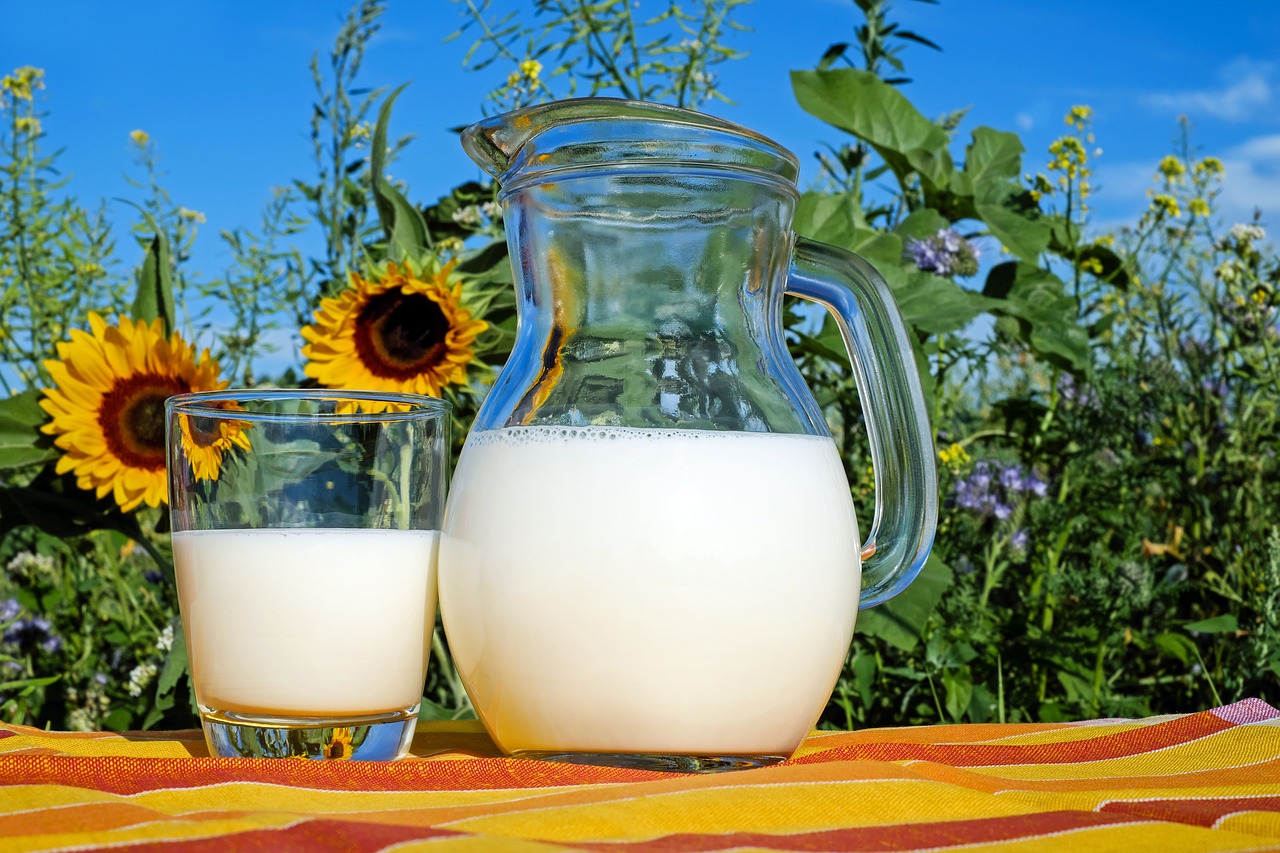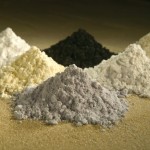Heat stress can have a serious impact on livestock, which in turn affects the dairy and meat industry.
Table of contents [Show]
Health Issues in Livestock
Heat stress can cause various health problems for livestock, including reduced appetite, dehydration, and increased susceptibility to diseases. It's like feeling unwell when it's too hot outside.
Decreased Milk Production
When cows are under stress from excessive heat, they tend to eat less and produce less milk. This can lead to decreased milk production in dairy farms. Farmers may experience financial losses as they earn less from milk sales. It's like not being able to produce as much milk when it's too hot.
Poor Meat Quality
When animals are stressed due to high temperatures, their muscle development may be impacted. This can result in meat that is more challenging and less desirable in terms of taste and texture. Consumers may prefer meat from animals that were raised in more comfortable conditions.
Increased Mortality Rates
Animals may struggle to cope with extreme heat, leading to a higher death rate. This can be a significant loss for farmers in terms of investment and future productivity. It's like more animals dying because they cannot handle the heat.
Financial Losses for Farmers
Reduced milk production, poor meat quality, and increased mortality rates can result in decreased revenue for farmers. It's like farmers earning less money because their animals are not performing well in the heat.
To reduce heat stress on livestock, farmers can take certain measures. They can provide shaded areas and cooling mechanisms, such as fans or misting systems, to help animals regulate their body temperature. Farmers can also adjust feeding schedules to cooler times of the day and ensure access to clean and cool water. These practices can help reduce heat stress on livestock and maintain their health and productivity.








